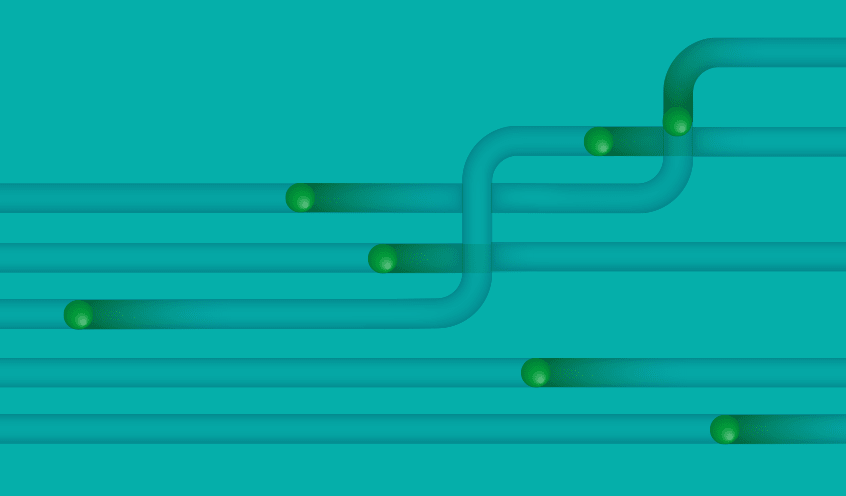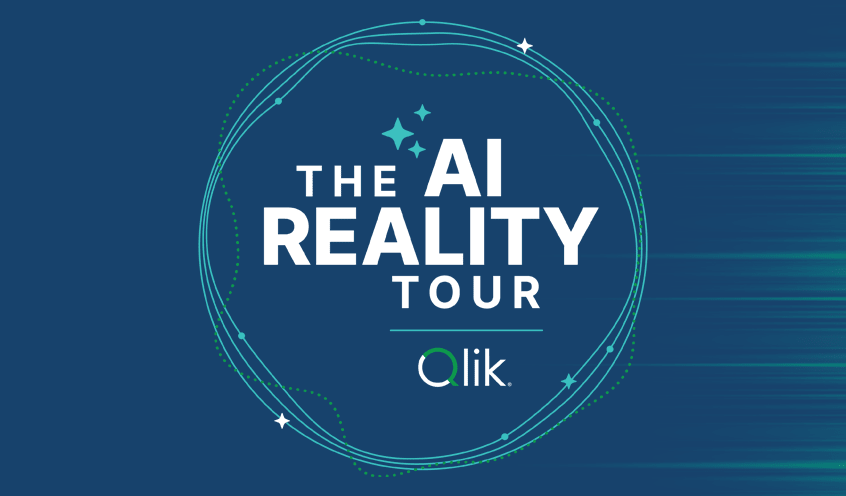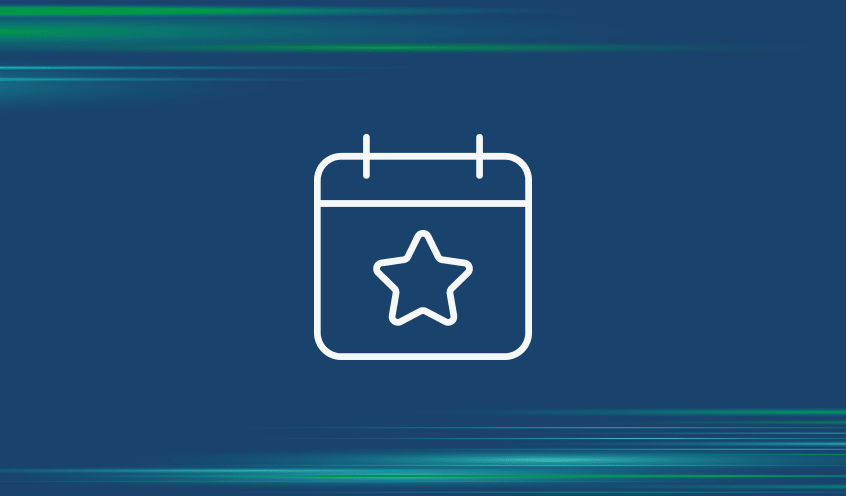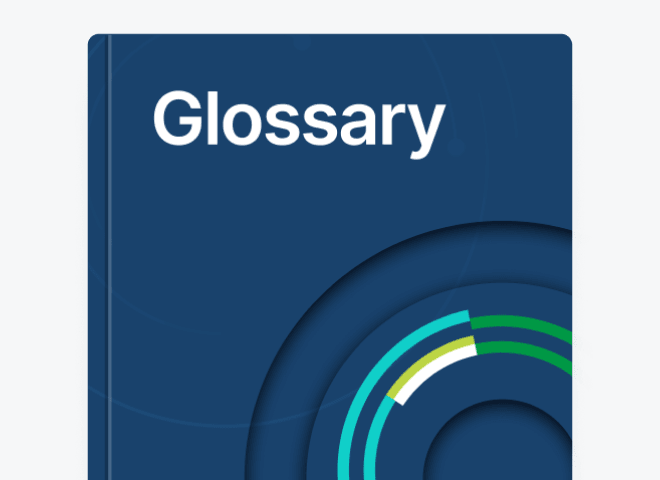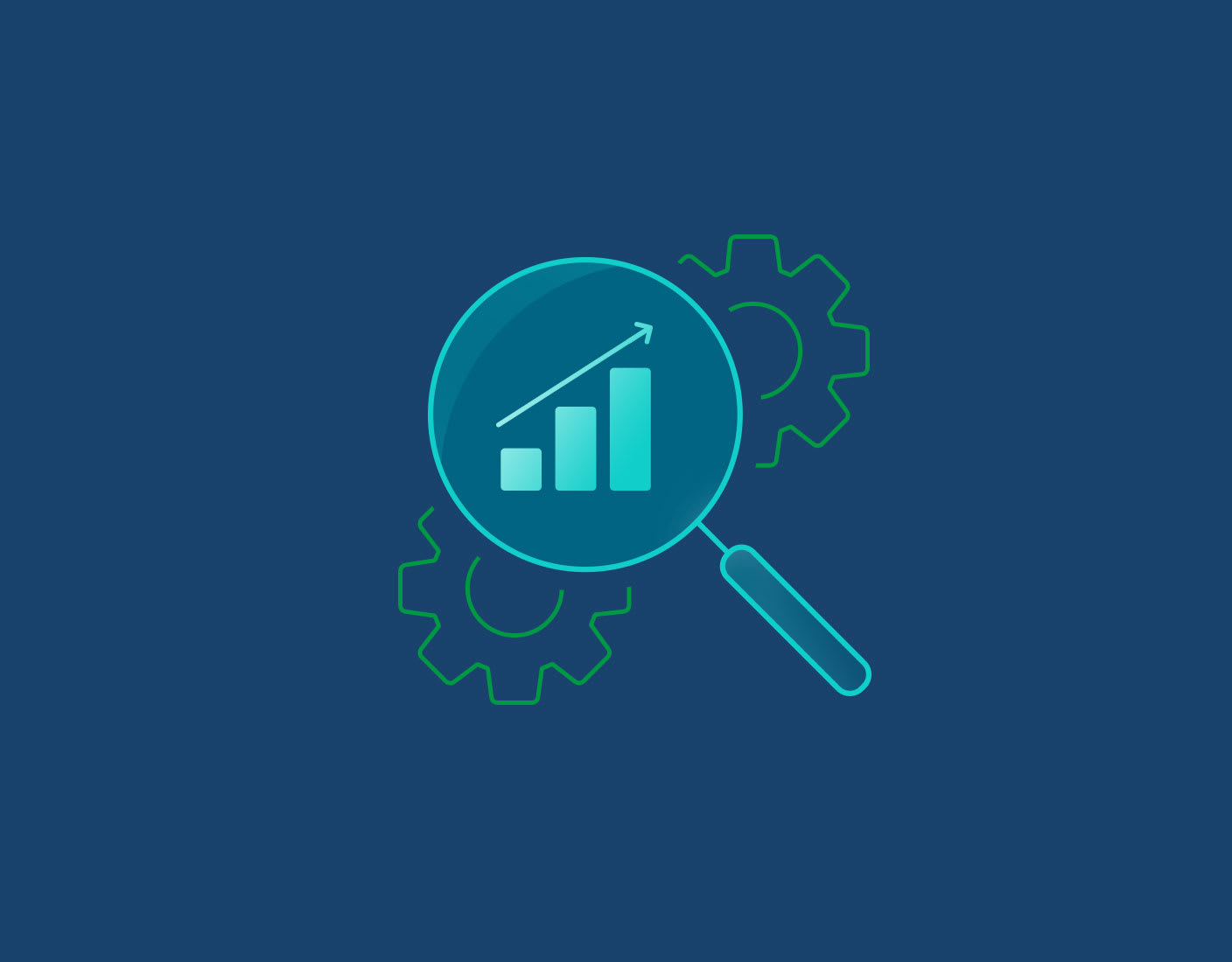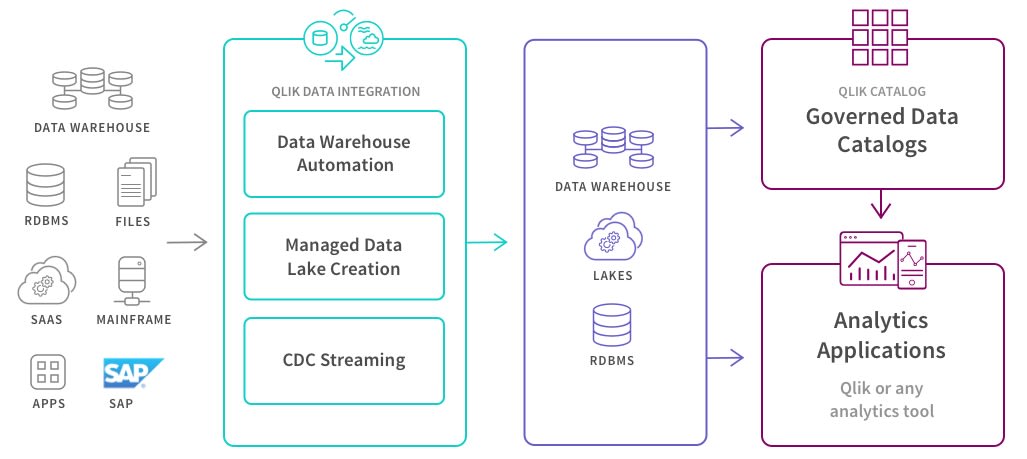
Kafka Streams Implementation: Accelerating Project Launch and Maintaining Agility
Although Kafka has been employed in high-profile production deployments, it remains a relatively new technology with programming interfaces that are unfamiliar to many enterprise development teams. Organizations seeking to implement Kafka streams run the risk that a lack of relevant programming expertise may result in delays launching Kafka initiatives, or that once Kafka implementations are in place they may lack the agility needed to keep pace with changing business requirements.
Qlik Replicate® eases these problems by serving as a producer to Kafka and automating the creation of inbound Kafka streams. With Qlik Replicate you can use a graphical interface to configure and execute data publishing pipelines from diverse source systems into a Kafka cluster, without having to do any manual coding or scripting. This empowers data architects and data scientists to supply real-time source data to Kafka-Hadoop pipelines and other Kafka-based pipelines, without being tied up waiting on the availability of expert development staff.














